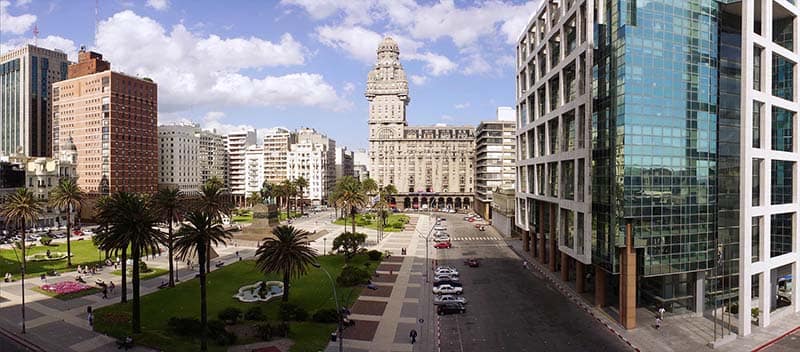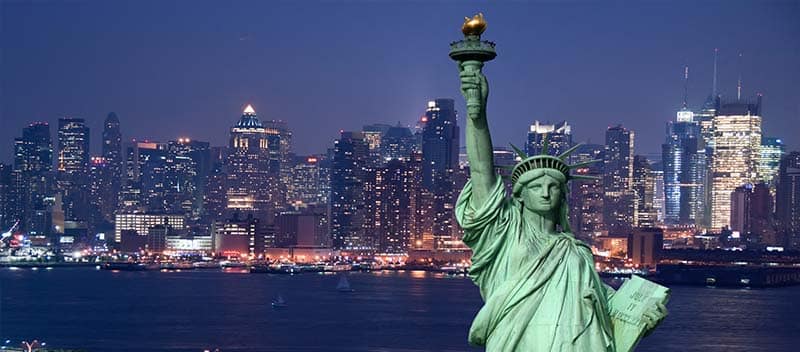Moving to Brazil – move to Brazil
Moving to Brazil: Are you one of the many people who want to move to Brazil? At Altaventura you have the advantage of always being served personally by a moving professional. With our decades of experience in international relocations, we will organise your move to Brazil or from Brazil back to Switzerland and guarantee you a smooth and professional process.
Brazil is the largest country in South America with a population of almost 200 million people. It has one of the fastest growing economies in the world and is becoming increasingly important on the world stage. It is also a popular destination for expats from all over the world for its mesmerizing landscapes, stunning beaches, exciting carnivals, open-minded locals and much more. With so many carnivals, street parties, music, Amazon adventures and of course football, it’s impossible to get bored in Brazil.
In recent years, the number of expats from all over the world who want to settle in Brazil has increased significantly. One of the aspects that attracts people is the diversity of the country, where many cultures can live side by side. They say that in Brazil you can be a Brazilian no matter the color of your skin. If you like the great outdoors, rainforest adventures and year-round climate, you’ll love life in Brazil.
If you are ready to join the many expats in Brazil, you should consider moving with an experienced and professional moving company like Altaventura. We have the know-how and network to guarantee a smooth and efficient move every time. In addition, we will accompany you through every step of the relocation process, from door to door.
Moving services for your move to Brazil
Moving to Brazil with Altaventura takes a lot of the work and stress off your shoulders so that you can fully enjoy the start of your new life in Brazil. We have many years of experience in the moving industry and have built up connections with carefully and personally selected partners all over the world. This gives us the logistical framework to carry out relocations of private and business customers to almost any country in the world, safely and efficiently.
Not only do we take care of the transport of your belongings to Brazil, but we can also help you if necessary with applying for visas, dealing with customs and paperwork, finding the best insurance and advising on the best services in your new city. This is part of our aftercare where we can continue to support you even after you have moved to your new home in Brazil.
How much does moving to Brazil cost?
The cost of a move to Brazil will be determined by the services you select and the weight and type of items you choose to relocate. The advantage of moving with Altaventura is that we have been at home in the moving business for many, many years and you will receive a competent answer from us for every question and, accordingly, a top service. In the vast majority of cases, we can tell you whether the move can be carried out according to your ideas and budget. We will take stock of all your belongings and then make you an individual, non-binding offer for your move to Brazil.

The final cost of your move will be based on a few factors such as the distance of the move, the mode of transport, the volume of the load and the services you select.
Visa for Brazil
Brazil offers a range of visas, some more suitable for expats than others. There are short-term visas, e.g. tourist visas, business visas and work holiday visas, and longer visas that are more suitable for expats. If you want to work in Brazil, you need to apply for a residency visa and find a Brazilian employer to sponsor you. Below we will discuss the visas for those who wish to stay in the country permanently.
Temporary Visa, Visto Temporario (VITERM)
This is a visa for expats who wish to live and work in Brazil and is usually limited to a specific period of time. Before arriving in Brazil, a job must be found and the visa is only valid for the job in question and for the duration of the contract. It is not allowed to change jobs and stay on the same visa. In order to obtain a temporary visa, a Brazilian employer must apply for a work permit to the Ministry of Labor and Employment.
Permanent Visa, Visto Permanente (VIPER)
The permanent visa is issued to investors, retirees, professionals and those seeking residency in Brazil. Skilled workers are granted the VIPER visa if they have certain qualifications and skills that are in demand and would benefit the country. Investors get it when they start a business or invest a minimum amount of BRL 150,000 in certain businesses or real estate. Proof of monthly minimum income of $2,250 per month is required for retirees. Unlike the temporary visa, it is possible to change jobs and stay in Brazil indefinitely.
Family reunification visa
This visa can be issued temporarily or permanently to foreigners with family ties to Brazilian citizens. The family visa is issued for A: spouse or partner, B: single children, C: ascendants, and D: siblings, grandchildren and great-grandchildren.
Working in Brazil
Brazil has a fast-growing economy and as such there are more and more opportunities for expats to find employment. However, Brazil has a protectionist employment policy, where foreigners can only be hired if they have the required qualifications and where two-thirds of a company’s employees are Brazilian nationals. However, if you have the necessary skills and qualifications, there are usually vacancies for expats in the IT, finance, engineering and teaching sectors.
The vast majority of expats who earn a decent salary in Brazil had already found employment before arriving in the country, usually with international companies. However, if you are looking for a job once you arrive in the country, networking is extremely important and the best opportunities come at face-to-face meetings and events.
Tourism and English language teaching (TEFL) are other areas where expats are usually successful in finding work. There is also a growing trend in Brazil of digital nomads moving into the country, and they tend to live in smaller towns and on the coast. One last point: being able to read, write and speak Portuguese is a requirement for work in most areas in Brazil.
Cost of living in Brazil
Most people think South America is cheap until they arrive in Brazil. The cost of living in Brazil is much higher than most people expect and is on par with Western European cities, particularly in the larger cities of Rio de Janeiro and Sao Paulo. This is particularly noticeable in the rental prices. Added to this are the high tax rates and low average salaries of Brazilians.
The cost of living depends to a large extent on where in the country you live. This is reflected in apartment rental prices in different parts of the country: Brasilia is 10% cheaper than Rio, while Salvador is 50% cheaper than Brasilia. In Sao Paulo, the average price for a furnished rental is around $1300, while an unfurnished apartment is closer to $1000 per month. This is also evident in coastal areas where prices can vary significantly, such as Take Santa Teresa, for example, where rents are half those of other beach towns in the country.
There are also areas where you can live more moderately, and places like Florianopolis, Belem and Buzios are particularly cheap compared to other places. Grocery prices, on the other hand, aren’t all that bad, and you can find cheap fruit and veg at every market. If you’re on a budget, it’s best to cook at home and buy local produce, as imported goods come at a premium.
Living in Brazil as an expat
The largest communities are in cities like São Paulo, Brasília, Salvador and Rio de Janeiro, but there are also some smaller communities in cheaper cities like Florianopolis, Belo Horizonte and Armação dos Búzios. The country’s coastal regions are becoming increasingly popular with retirees and digital nomads, such as Porto Alegre, Recife and Fortaleza.
When living in Brazil, knowledge of the national language, Portuguese, is a necessity in order to work, communicate and participate in everyday life in the country. Many people assume that the cost of living in most South American countries is low compared to their home countries, but this is not the case in Brazil. The cost of living has risen rapidly in recent years and is comparable to cities like London, Paris or Zurich, but without the same standard. Groceries, on the other hand, are relatively cheap in Brazil, and there are cheap fruits and vegetables in the markets in all cities. One aspect that most prospective expatriates in Brazil should consider is crime and security. It is well known that Brazil has a crime problem, to such an extent that over 56% of expatriates in the country were concerned about their safety. However, the vast majority of expats are generally satisfied with their life in Brazil.
For expat families, there are a large number of high-quality private and international schools in the big cities. However, a good knowledge of Portuguese is required to attend most private schools. Therefore international schools with an average cost of around $3000-$9000 per year might be a more suitable option for some.
Top moving countries
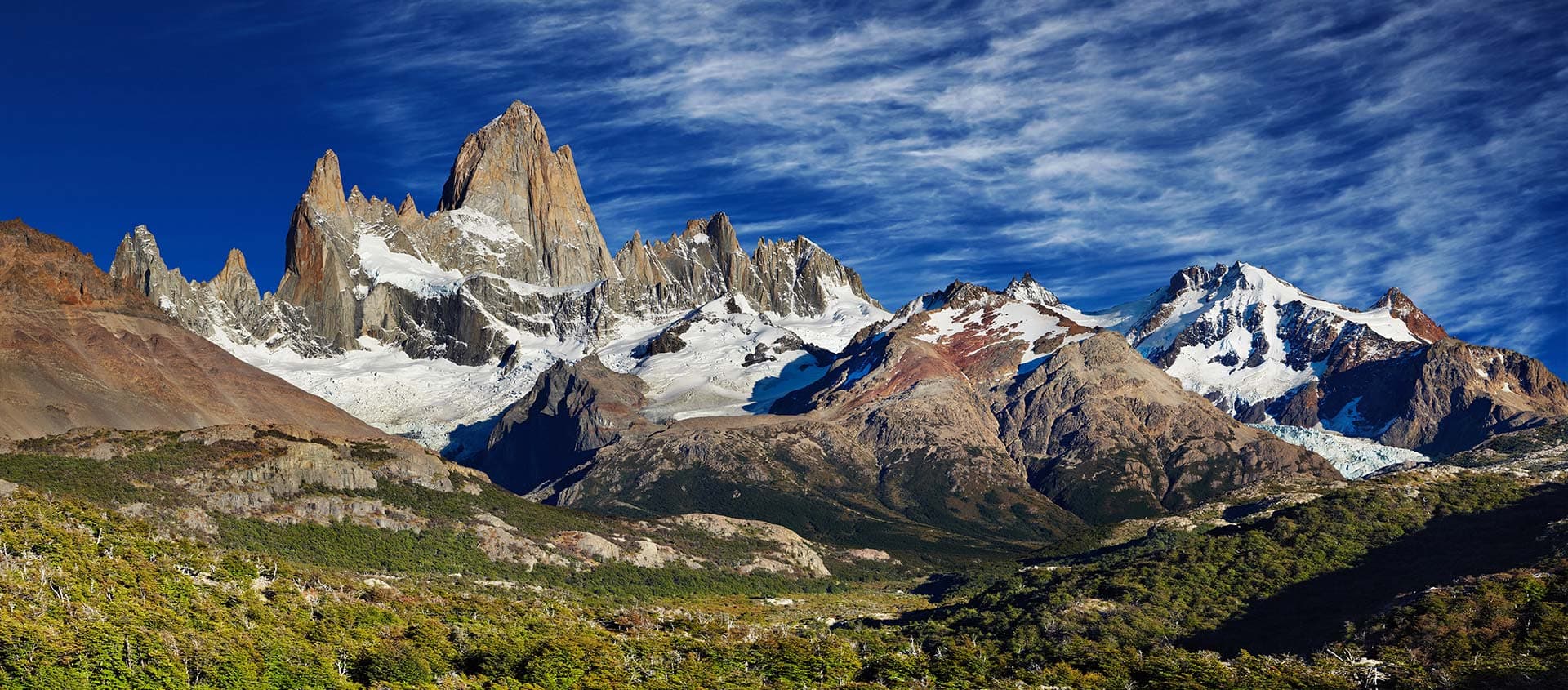
ARGENTINA

AUSTRALIA
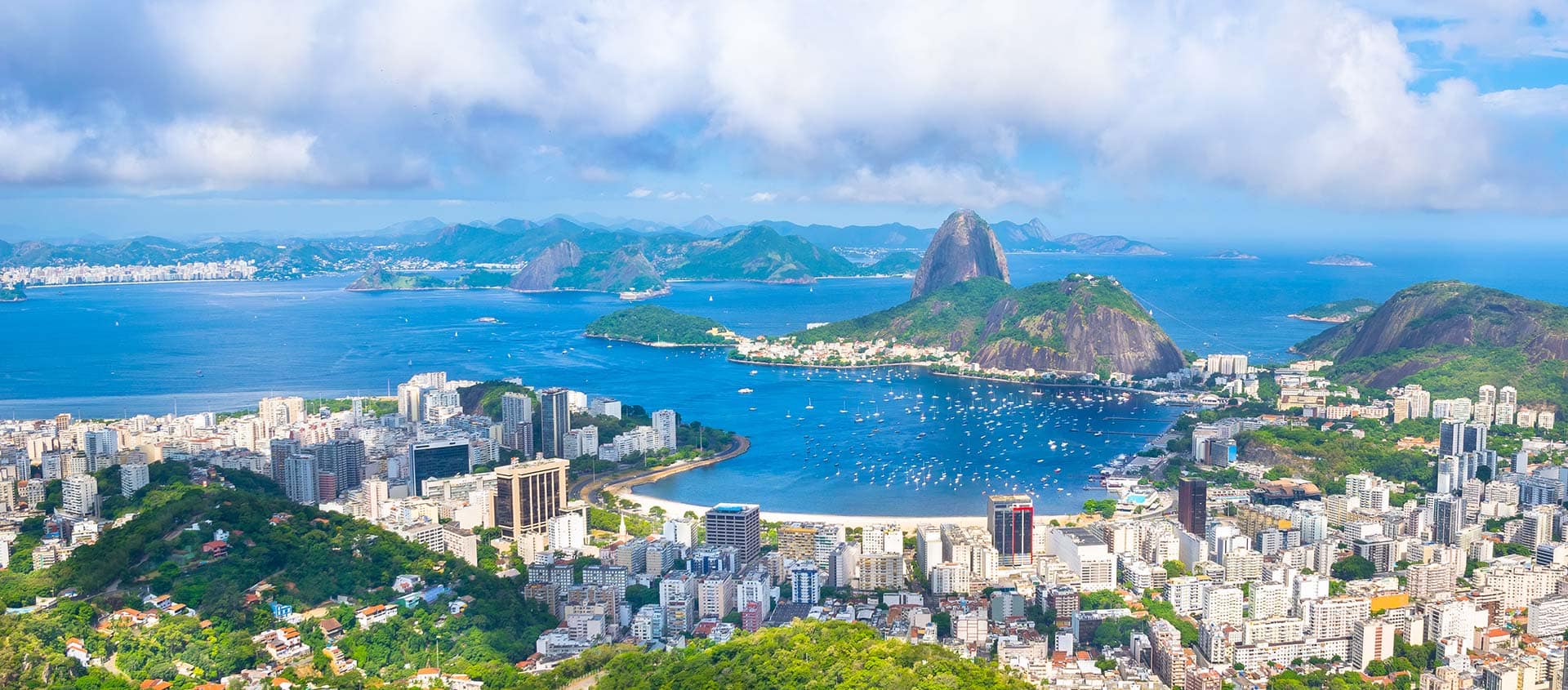
BRAZIL
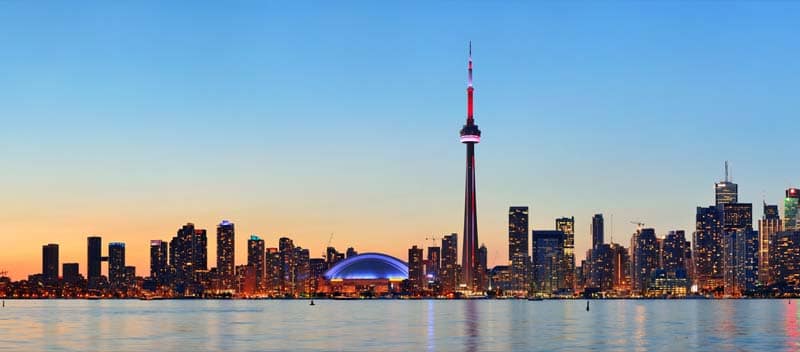
CANADA
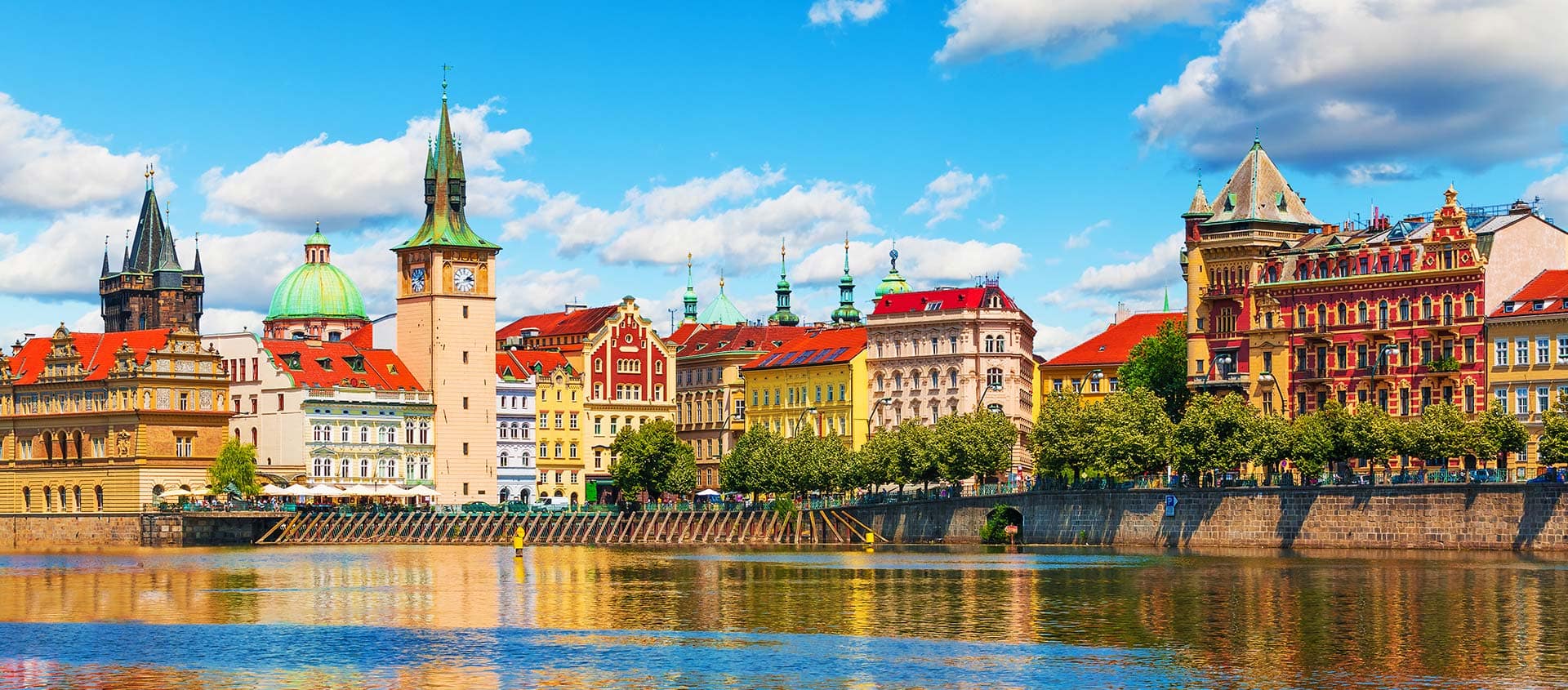
CZECH REPUBLIC
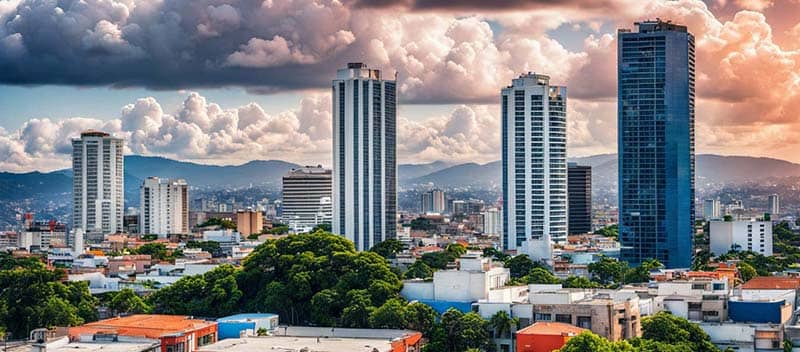
EL SALVADOR

GREECE
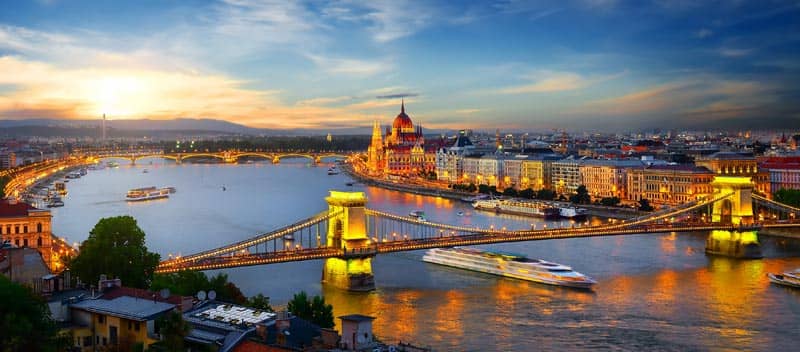
HUNGARY

IRELAND
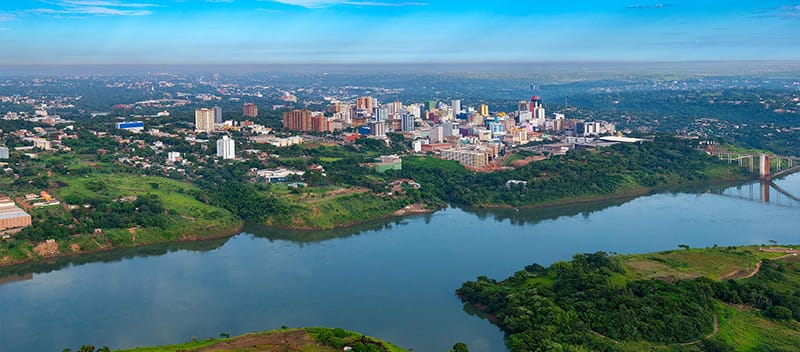
PARAGUAY
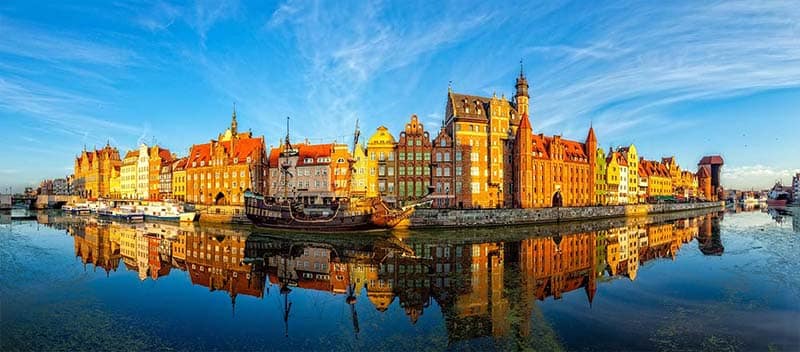
POLAND
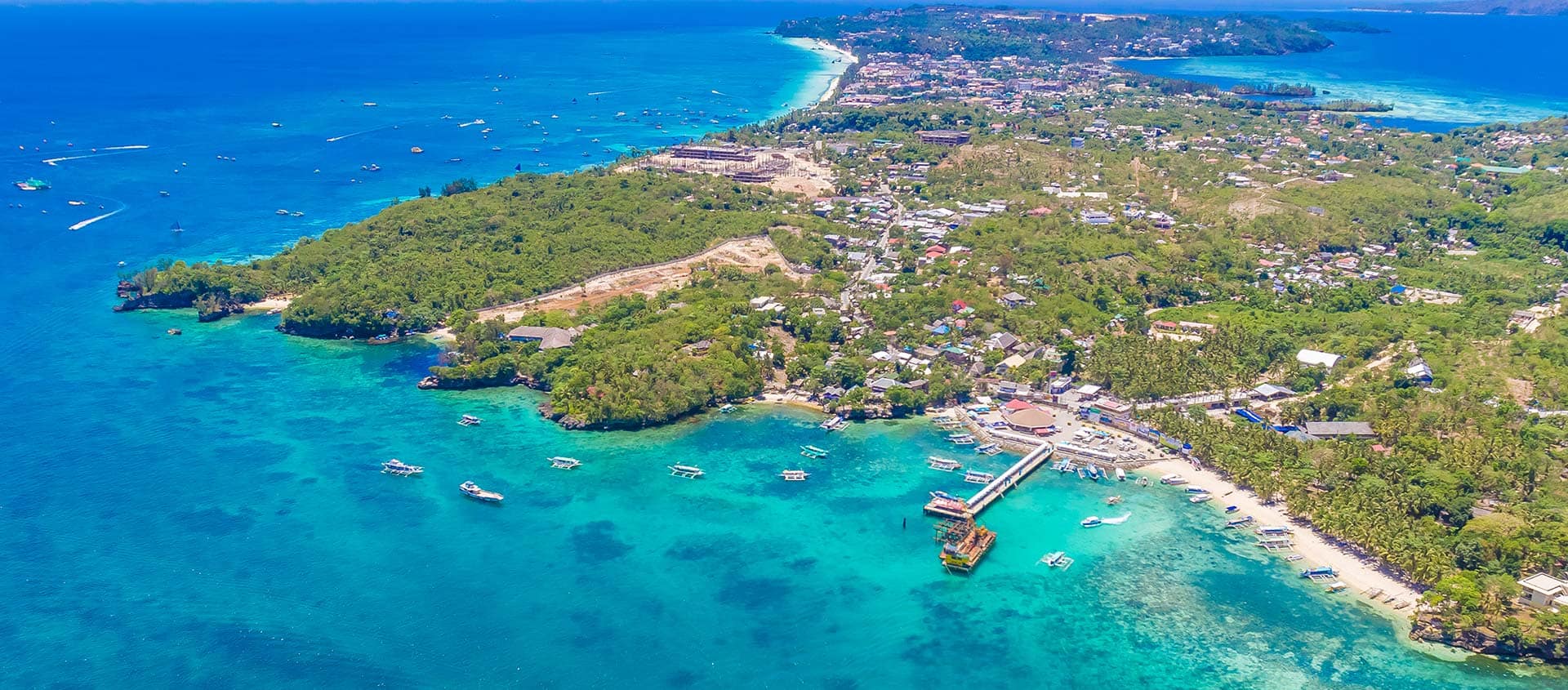
PHILIPPINES
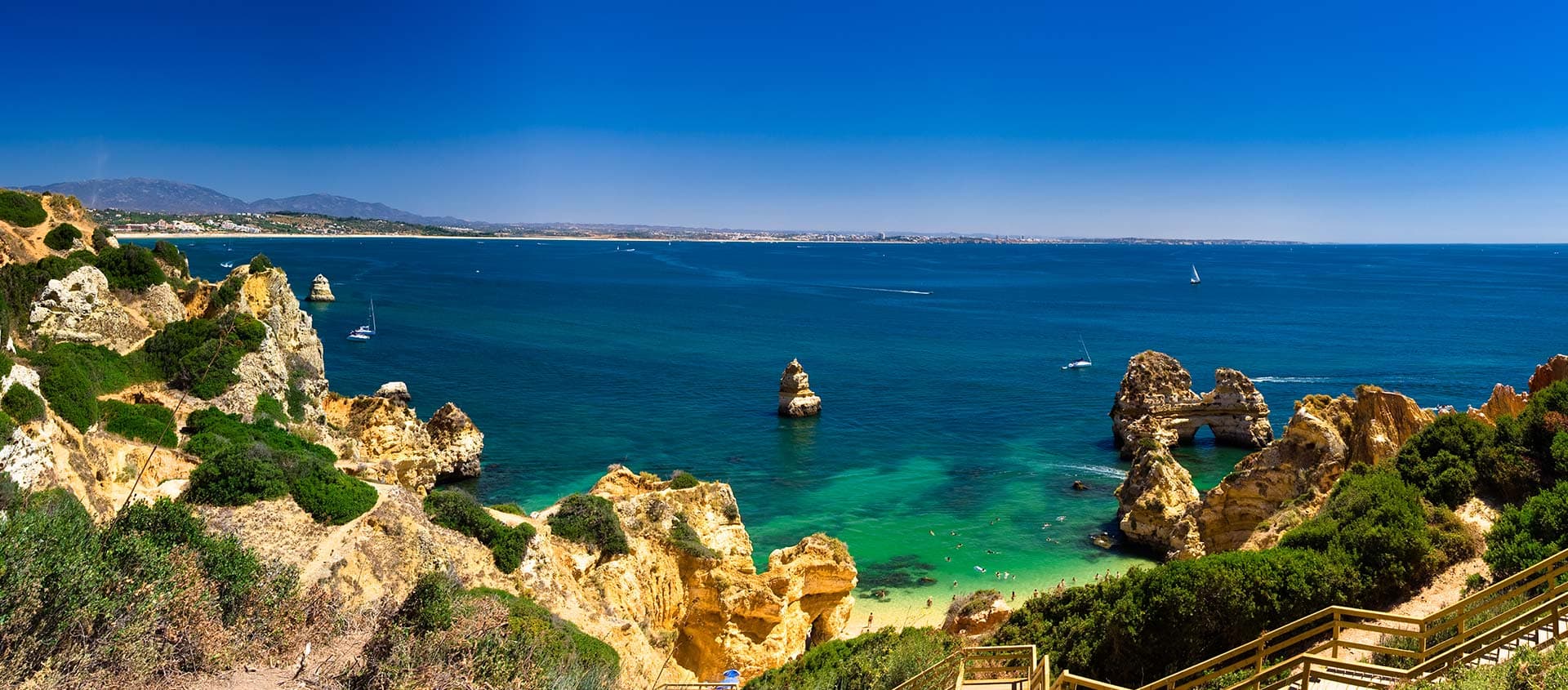
PORTUGAL
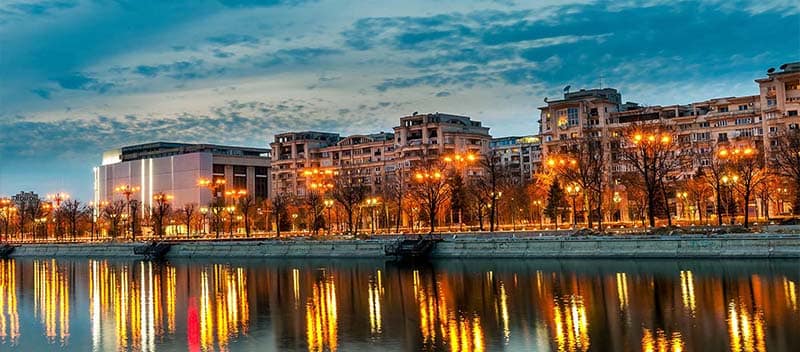
ROMANIA

SOUTH AFRICA
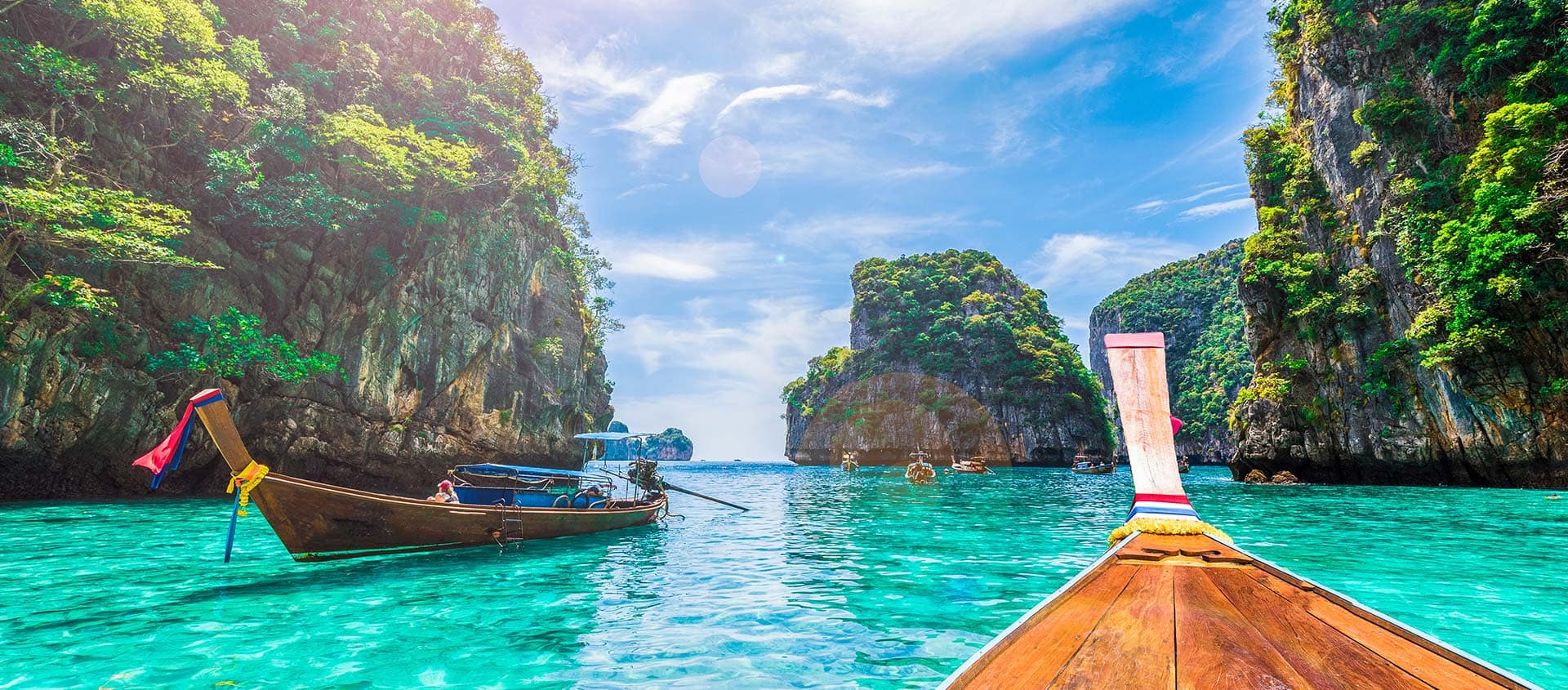
THAILAND
